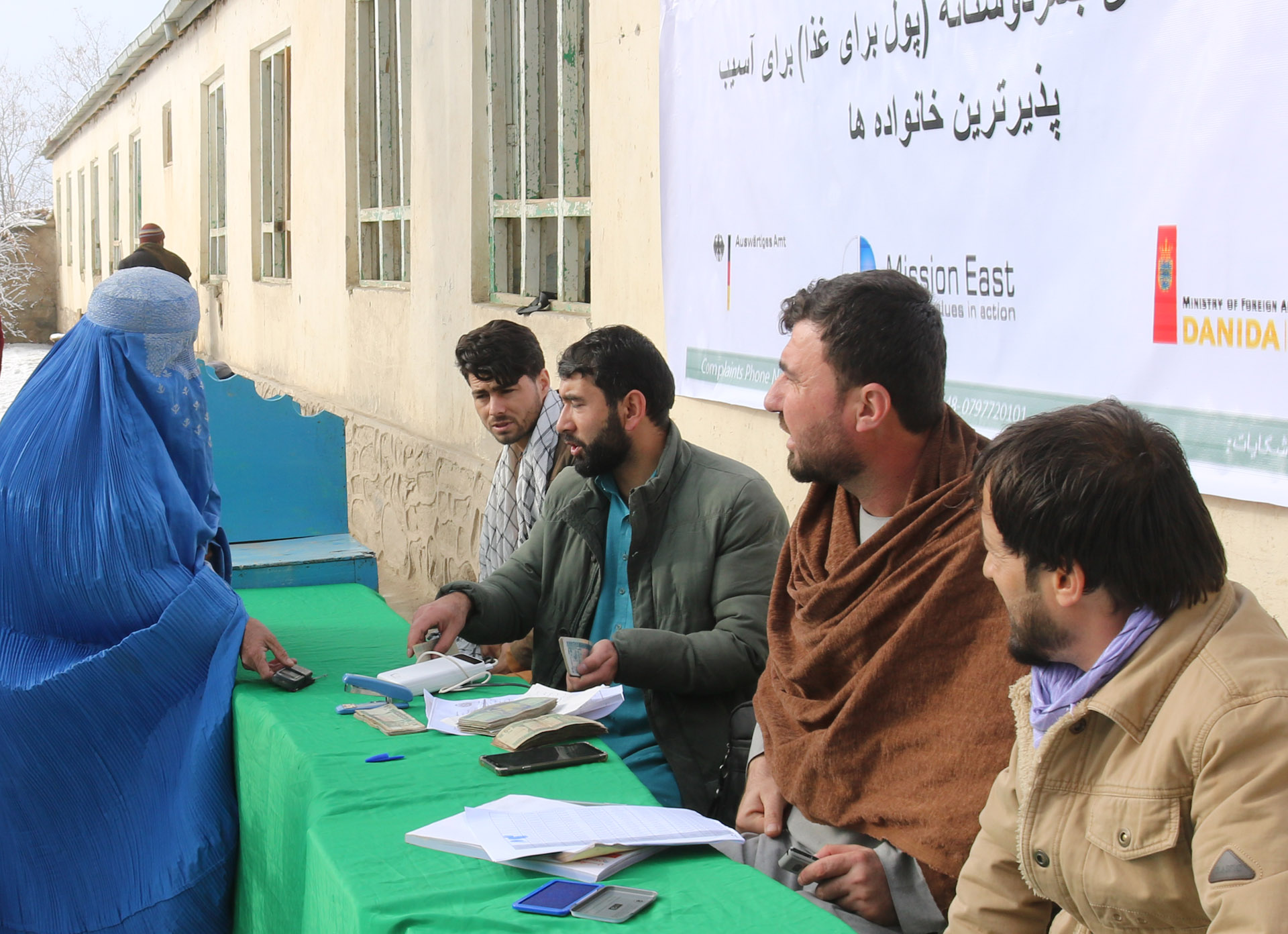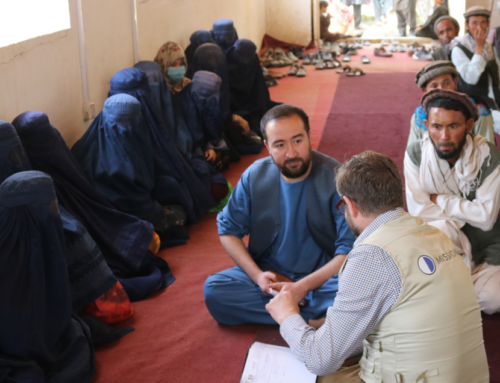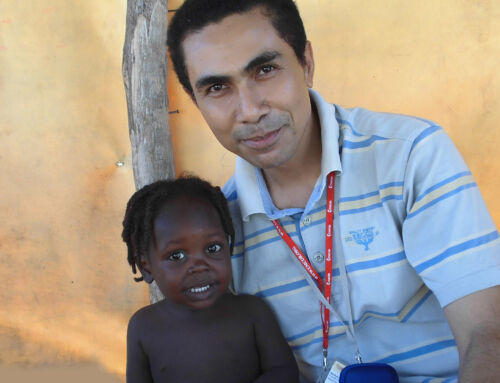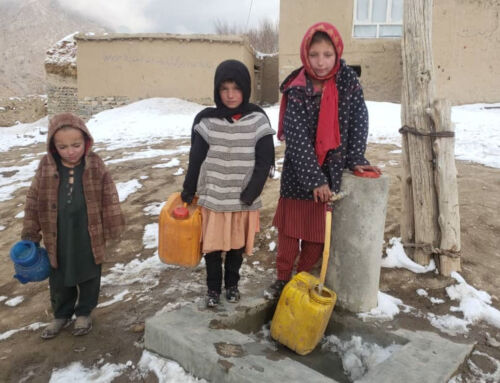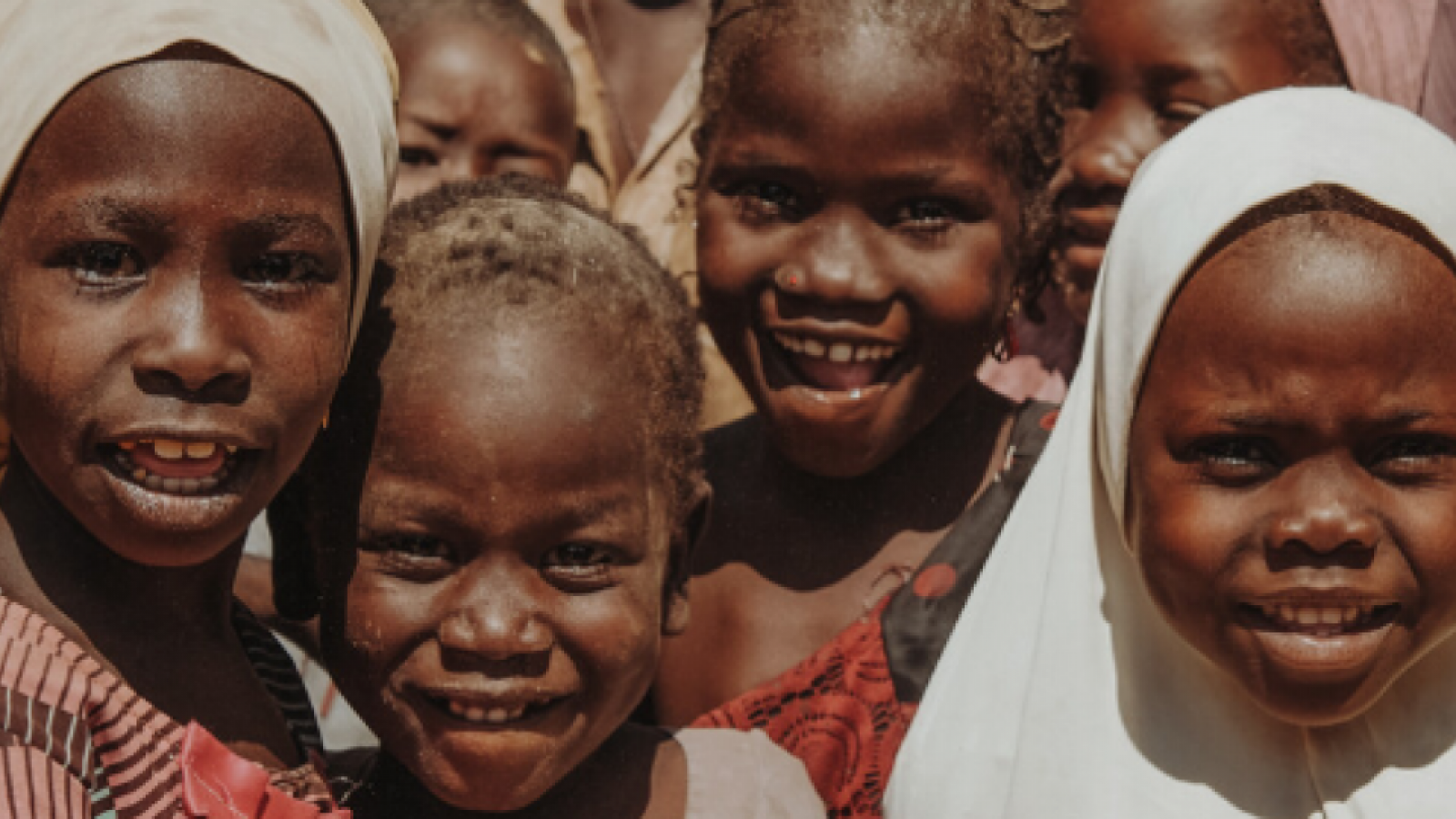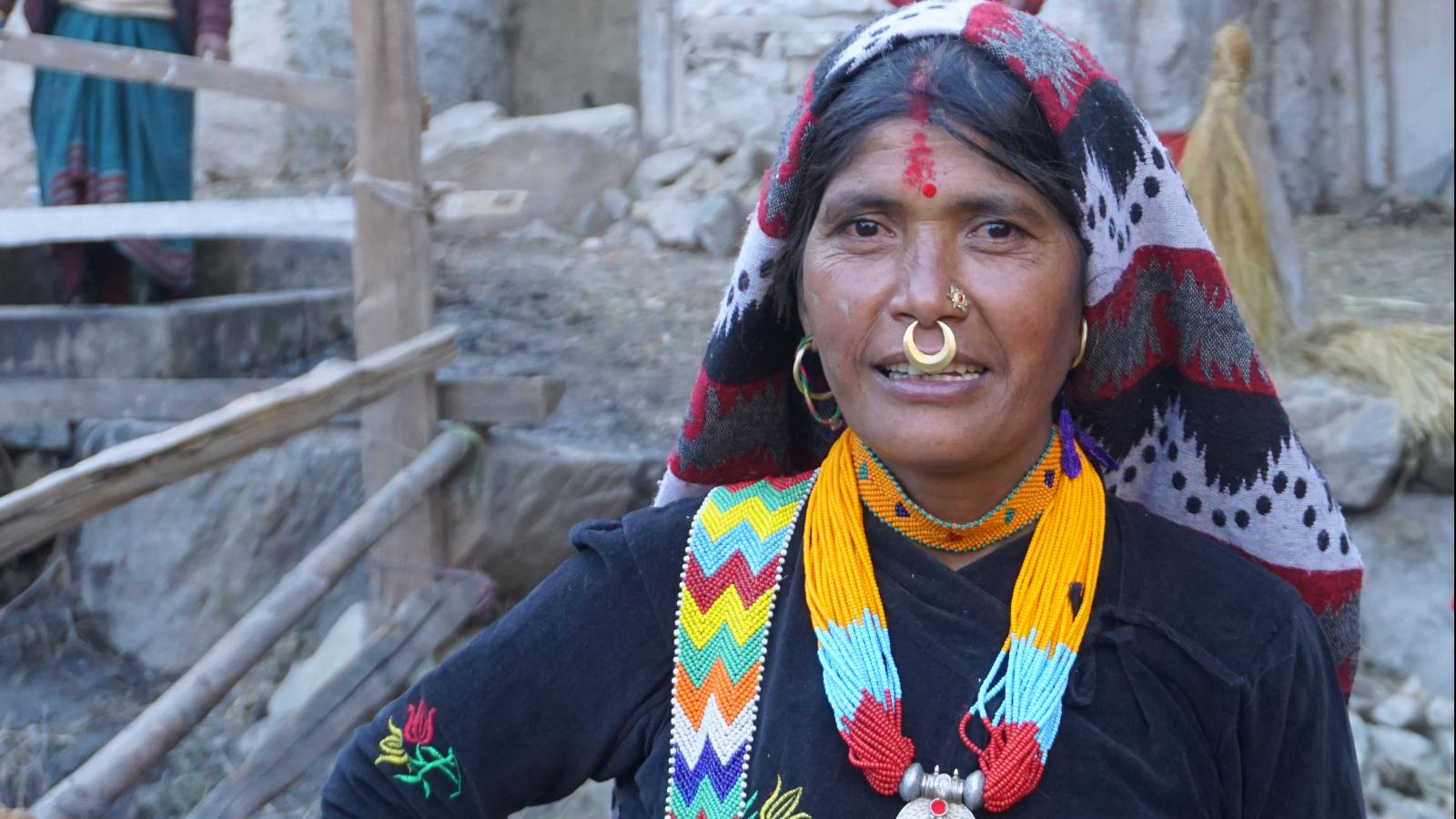Afghanistan is in the midst of an acute food crisis. Mission East is providing emergency aid to 147,000 people in the country’s north-eastern provinces.
A year after the Taliban took power, Afghanistan is facing an acute food crisis. According to the UN, 40 years of war, recurrent natural disasters, chronic poverty, drought and the COVID-19 pandemic have left more than 24 million people in need of humanitarian assistance.
The latest figures from the World Food Program show that 92 percent of the Afghan population does not receive enough food every day and that half of the population is in need of food aid.
Mission East’s head of operations Peter Drummond Smith has visited the country and reports food shortages so severe that families have to decide every day who will eat how much and when.
– Parents have to make terrible decisions every day: Which meals can we skip and what can we eat today? Who in the family should be allowed to eat and who can do without food right now? says Peter Drummond Smith.
Sad to see people suffer
Mission East has been providing relief and development assistance in the country’s two north-eastern provinces of Takhar and Badhashan for 21 years. Right now, more than 100 local staff are busy giving “cash for food” so that people can buy what they need themselves. Because you can actually buy in, if you can afford it.
In addition, families are getting seeds, know-how and irrigation systems so they can cultivate their fields. This year, Mission East has helped 147,875 people in 21,125 families.
The aid is coordinated by programme manager Marthen Malo, who estimates that up to 80 percent of the Afghan population suffers from food shortages. He is currently on a field visit to remote villages in the project area:
– Families are suffering greatly. We are helping the most vulnerable 20% of the population in the villages, and they are doing well. They are happy and have harvested crops, but what about the others? It’s sad to see them suffering…
Need extra support
Mission East is appealing to Western – and Danish – donors to provide extra support to the hard-hit population. The organisation is present, knows the culture, and has long experience in food and water projects.
But it is not just the lack of food that is pushing the Afghan people to the limit. The past year has seen a rollback of women’s rights, particularly affecting girls over 12, who are no longer allowed to attend school. The status of women in the country is a major concern for Secretary-General Betina Gollander-Jensen:
– The setback to women’s rights means that we now have generations of girls without a real future in which they can hope and dream of an education and a good job.
Help from Mission East since January 2022
Relief: distribution of cash for food, temporary shelter, soap and other hygiene items to 67,025 people
Water and sanitation: drip irrigation systems, irrigation channels and latrines benefiting 37,800 people
Food security and livelihoods: greenhouses, kitchen gardens, animal husbandry and seed distribution benefiting 43,050 people.
Links:
Read more about the humanitarian situation in Afghanistan
Read the interview with Mission East’s Head of Operations Peter Drummond Smith after his visit to Afghanistan

